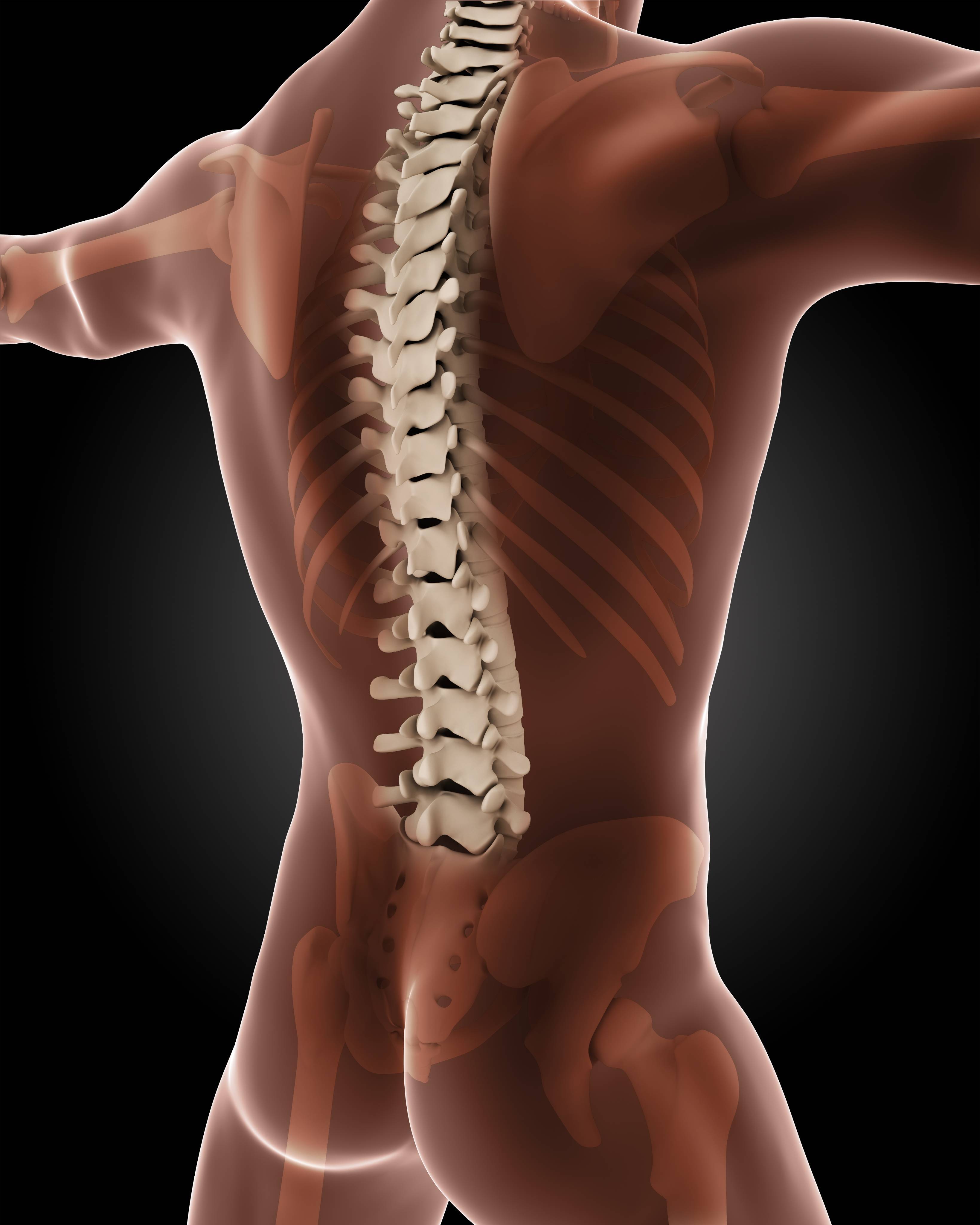
The Origins and Philosophy of Chiropractic
The Founding Fathers: D.D. Palmer and B.J. Palmer Chiropractic was founded in the late 19th century by D.D. Palmer, who proposed that many diseases are caused by misalignments of the spine affecting nerve function. His son, B.J. Palmer, expanded on these ideas and helped chiropractic gain traction as a healthcare discipline.
Chiropractic Beliefs and Practices
Chiropractors believe in the intrinsic healing power of the body and that spinal adjustments can improve overall health. They adhere to the concept of "Innate Intelligence," a vitalistic notion that the body has an inherent ability to heal itself when provided with the right conditions, particularly a properly aligned spine.
Chiropractic Treatments and Techniques
The Chiropractic Adjustment
The primary technique in chiropractic care is spinal adjustment, a manual therapy that involves applying controlled force to the spine. It is used to improve pain and function and to initiate the body's self-healing capabilities.
The Scope of Chiropractic Practice
Chiropractors' scope of practice typically includes the conservative management of the neuromusculoskeletal system without the use of drugs or surgery, lifestyle counseling, and other complementary treatments such as exercises and health advice.
The Controversy and Evidence Surrounding Chiropractic
Scientific Scrutiny and Chiropractic Legitimacy
While chiropractic has established its efficacy in treating back pain, its broader claims remain controversial. Scientific reviews have questioned the effectiveness of chiropractic manipulations beyond musculoskeletal issues, urging a more evidence-based approach within the field.
Chiropractic in Mainstream Healthcare
Chiropractic care has gained wider acceptance in mainstream healthcare, particularly for back and neck pain. However, its integration is challenged by debates over its scientific validity and educational standards.
Chiropractic from a Patient's Perspective
When to Consider Chiropractic Care
Individuals with chronic back pain, neck pain, and certain types of headaches may consider chiropractic care as a treatment option. Patients need to consult with healthcare providers to determine the appropriateness of chiropractic care for their specific conditions.
What to Expect from a Chiropractic Session
A chiropractic session may involve an initial assessment, spinal adjustments, and possibly other treatments such as massage or mobilization. Patients should expect a focus on holistic health and may receive guidance on lifestyle, diet, and exercise.
The Future and Evolution of Chiropractic
Innovations in Chiropractic Medicine
The chiropractic field continues to evolve, with ongoing research into the efficacy of spinal adjustments and the development of new techniques that incorporate evidence-based practices.
Chiropractic's Role in Modern Healthcare
Chiropractic's future in healthcare is likely to be shaped by its ability to integrate with other healthcare practices, adherence to evidence-based methods, and the outcomes of ongoing research into its efficacy and safety.
In conclusion, chiropractic care offers a non-invasive option for certain health conditions, primarily those related to the spine. However, individuals should seek comprehensive information and consult with medical professionals before opting for chiropractic treatments. As the field grows, it is likely to continue to face scrutiny and evolve in response to evidence-based research, potentially expanding its role in a collaborative healthcare environment.